Steemit Philippines - Steemit Engagement Challenge Season 8 (Week 1) || "The Power of Social Media"
Greetings to all the lovely people of this beautiful community. How's everything going on, hope you're all doing well. Social media has become a major part of modern communication, with millions of people using it to stay connected with friends and loved ones, converse about their ideas and personal experiences, and take in news and entertainment. However, social media has also been criticized for its impact on mental health, the spread of misinformation, and the erosion of privacy.
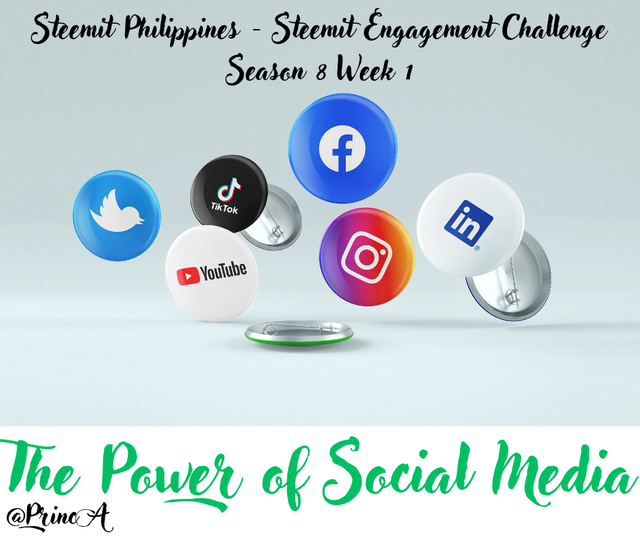
Designed In Canva

How old are you when you start engaging in social media and how was your experience so far?
When I was 13 years old, I created my first social media account. At that time, social media was a new and exciting way to connect with others and share your thoughts and experiences. I remember feeling excited and eager to explore this new digital world.
In the initial days of using social media, my experience was overwhelmingly positive. I loved being able to connect with friends and family members who lived far away, and I enjoyed discovering new people and communities that shared my interests. I found that social media was a great way to express myself and to stay up-to-date with the latest news and trends.
However, as I grew older and spent more time on social media, I began to feel like it had become a bit of a cesspool. What started as a fun and positive experience had turned into something that felt toxic and draining. Instead of feeling connected to others, I felt isolated and overwhelmed by the constant stream of negative news and information.
I started to notice that social media was filled with hateful comments, bullying, and misinformation. People seemed more interested in tearing each other down than building each other up, and it felt like everyone was constantly trying to one-up each other in terms of likes, followers, and shares.
Even worse, I started to feel like social media was affecting my mental health. I found myself comparing my life to others and feeling like I wasn't measuring up. I would spend hours scrolling through my feed, feeling more and more disconnected and unhappy.
Eventually, I decided to take a break from social media. I deleted my accounts and focused on spending time with friends and family in the real world. At first, it was hard to adjust to life without social media. But over time, I started to feel happier and more fulfilled.
Now, when I look back on my initial experiences with social media, I feel a sense of nostalgia for the excitement and joy that I felt. But I also recognize that social media has become something very different from what it was when I first started using it.
While there are still positive aspects to social media, such as the ability to connect with others and share your ideas, it's also important to recognize the negative impact that it can be detrimental to our mental health and well-being. It's up to us as individuals to decide how we want to use social media and to be mindful of its potential downsides. By taking breaks when we need them, and by focusing on building meaningful connections in the real world, we can learn to navigate this digital landscape in a healthy and positive way.

In your opinion, what is the right age for people to have access to social media?
There is no universally accepted "right age" for people to have access to social media, as it ultimately depends on various factors, including the maturity level and readiness of the individual, as well as the specific platform being considered.
Many social media platforms have age restrictions in place, with the most popular ones requiring users to be at least 13 years old to create an account. However, research suggests that even some teenagers may not have the necessary emotional maturity or cognitive development to navigate social media safely and effectively.
Parents and caregivers should consider the individual needs and readiness of their child before allowing them access to social media. It's important to have open and ongoing conversations with children and teens about the potential risks and benefits of social media use, as well as to establish clear guidelines and expectations for safe and responsible use.

What can you say to people who are no longer responsible for managing their social media accounts?
If you are no longer responsible for managing your social media accounts, there are a few things you can do to ensure a smooth transition:
Notify your followers: Let your followers know that you will no longer be managing your social media accounts and provide them with the contact information of the new person or team who will be taking over.
Provide access: If possible, provide the new manager with access to your social media accounts so they can easily take over and continue your work.
Organize your content: If you have any important posts, messages, or documents related to your social media accounts, make sure to organize them and transfer them to the new manager.
Check your privacy settings: Make sure that your personal information is no longer visible on your social media accounts and that your account is fully disconnected from any personal devices.
Thank your followers: Lastly, thank your followers for their support and engagement on your social media accounts. This will help maintain a positive relationship with your audience and ensure a smooth transition to the new manager.

Share your ideas on how to properly manage a social media account.
Managing a social media account effectively requires a combination of planning, organization, creativity, and consistent engagement. Here are some ideas on how to properly manage a social media account:
Define your goals: Before you start posting content, define your goals for the account. What are you hoping to accomplish with social media? Do you want to build brand awareness, generate leads, drive sales, or improve customer service? Once you have clear goals, you can create a strategy that aligns with them.
Develop a content plan: Plan your content in advance and create a calendar to ensure you're posting consistently. Your content plan should include a mix of different types of content, such as promotional content, educational content, and entertaining content.
Know your audience: Recognize your target audience and create content that speaks to them. Research their interests, needs, and preferences, and use that information to create relevant and engaging content.
Engage with your followers: Social media is all about engagement, so make sure to respond to comments, messages, and mentions in a timely and friendly manner. Encourage conversation and foster a sense of community around your brand.
Monitor your performance: Use analytics tools to monitor your performance and track your progress towards your goals. Analyze your engagement, reach, and conversion rates to identify what's working and what's not, and adjust your strategy accordingly.
Be consistent: Consistency is key when it comes to social media. Post regularly, engage with your followers consistently, and maintain a consistent brand voice and visual style.
Stay up-to-date: Social media is constantly evolving, so make sure to stay up-to-date with the latest trends, best practices, and platform updates. Attend webinars, read industry blogs, and network with other social media managers to stay on top of your game.
Overall, effective social media management requires a proactive and strategic approach, a deep understanding of your audience, and a commitment to consistent engagement and growth.

What do you think our future will be with this social media power?
Social media has become an integral part of our daily lives, and it has a significant influence on how we communicate, interact, and consume information. While social media has brought many benefits, such as connecting people from all around the world, it also has its downsides.
One of the challenges we face with social media is the spread of misinformation and the polarization of society. Social media algorithms tend to show us content that aligns with our existing beliefs and opinions, creating echo chambers that can be difficult to break out of. This can lead to a lack of understanding and empathy towards those with different perspectives.
Moreover, social media can also have negative effects on mental health, particularly for young people. The constant comparison to others, cyberbullying, and the pressure to present a perfect image online can all take a toll on mental well-being.
Looking ahead, it is difficult to predict the exact impact of social media on our future, but it is likely that it will continue to play a significant role in shaping our society. As we become more aware of its potential downsides, it will be important to find ways to mitigate these negative effects and use social media in a more positive and responsible way.

Give the advantages and disadvantages of social media in your life.
As with any technology, social media has both advantages and disadvantages that can impact our lives in different ways. Here are some of the ways that social media has affected my life, both positively and negatively:
Advantages:
Connection: One of the biggest advantages of social media is the ability to connect with people all over the world. I've been able to reconnect with old friends and family members, as well as make new friends and build online communities around shared interests.
Learning: Social media can also be a great way to learn new things. I've discovered new ideas, information, and perspectives that I might not have otherwise encountered.
Creativity: Social media platforms like Instagram and TikTok have also allowed me to express my creativity in new ways. I've been able to share my art, photography, and writing with a wider audience and get feedback on my work.
Entertainment: Social media can also be a fun and entertaining way to pass the time. I've discovered new memes, videos, and other content that has made me laugh and brightened my day.
Disadvantages:
Addiction: One of the most serious disadvantages of social media is the possibility of addiction. I've found myself getting sucked into the endless scroll of my feed and spending more time on social media than I intended.
Comparison: Social media can also be a breeding ground for comparison and self-doubt. Seeing other people's highlight reels can make me feel like I'm not doing enough or not living my life to the fullest.
Cyberbullying: Another disadvantage of social media is the potential for cyberbullying. I've seen hurtful comments and messages directed at myself or others, and it's a reminder that social media can be a harsh and unforgiving place.
Mental health: Finally, social media can have a negative impact on our mental health. Studies have linked excessive social media use to depression, anxiety, and other mental health issues. I've noticed that when I spend too much time on social media, I can start to feel more stressed and anxious.
Overall, social media has had both positive and negative impacts on my life. While I appreciate the connections and opportunities it has provided me, I'm also mindful of its potential downsides and try to use it in moderation.

What are the commonly used social media in your country? And categorize it.
There are several popular social media platforms in India, and they can be broadly categorized as follows:
General Social Networking:
Facebook: With over 330 million monthly active users in India, Facebook is the most popular social media platform in the country. It is used by people of all ages to connect with friends and family, join groups and pages, share photos and videos, and more.
Instagram: With over 120 million monthly active users in India, Instagram is a photo and video sharing platform that allows users to post pictures and short videos with captions, apply filters and edit their posts.
Twitter: With around 18 million monthly active users in India, Twitter is a microblogging platform that allows users to share short messages or "tweets" with their followers, follow other users, and participate in conversations around trending topics.
Messaging Apps:
WhatsApp: With over 400 million monthly active users in India, WhatsApp is the most popular messaging app in the country. It allows users to send text messages, voice messages, photos, videos, and documents, as well as make voice and video calls.
Telegram: Telegram is a cloud-based messaging app that allows users to send text messages, photos, videos, and files. It has around 50 million monthly active users in India.
Signal: Signal is an encrypted messaging app that allows users to send text messages, voice messages, photos, videos, and files. It has gained popularity in India recently, and its monthly active user count is not publicly available.
Video Sharing:
YouTube: With over 450 million monthly active users in India, YouTube is the most popular video sharing platform in the country. It allows users to upload and watch videos on various topics, including music, comedy, education, and more.
TikTok: TikTok is a short-form video sharing app that allows users to create and share 15-second videos set to music. It had around 120 million monthly active users in India before it was banned in 2020.
Professional Networking:
- LinkedIn: With over 70 million registered users in India, LinkedIn is a professional networking platform that allows users to connect with professionals in their industry, search for jobs, and build their professional brand.
These are just a few of the most popular social media platforms in India, and there are many others, including regional platforms that are popular in specific parts of the country.

Conclusion
Social media has had a significant impact on society and continues to shape the way we communicate and interact with each other online. The power of social media is both immense and complex, and it will continue to shape our society in profound ways for years to come.
I invite @sampabiswas , @piya3 & @mahir4221 to join this amazing contest.

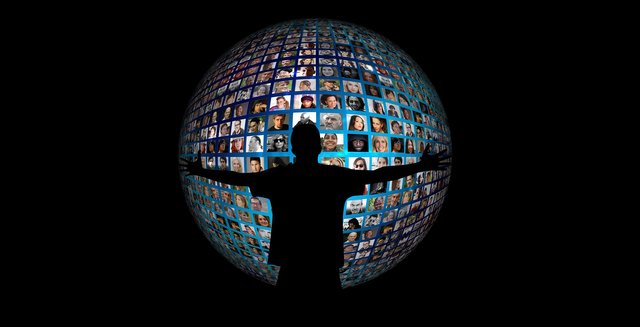
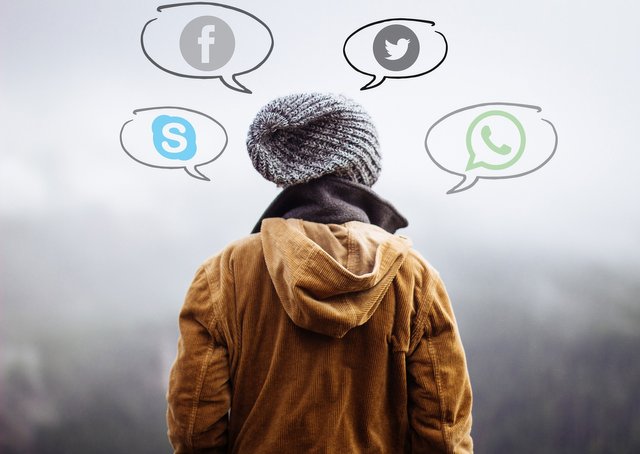
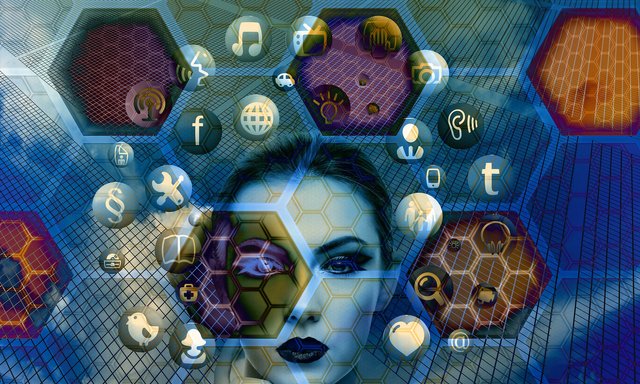
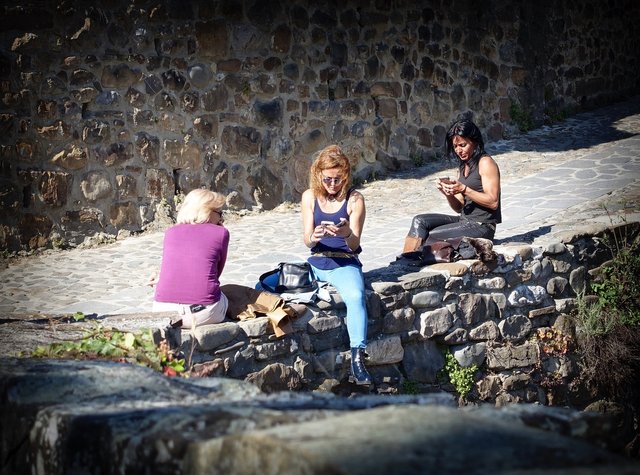
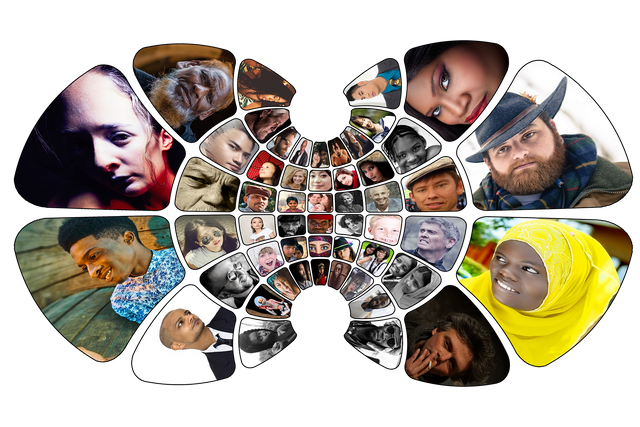
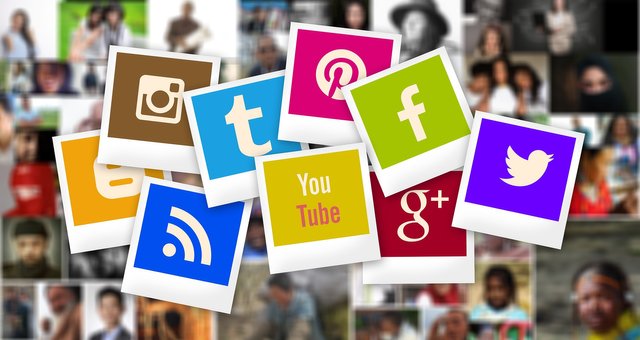
!report
Suspected ChatGPT generated content.
cc @julstamban @loloy2020
will double check it thanks for the headsup
We support quality posts anywhere and any tags.
Curated by : @loloy2020
¡Saludos amiga!😊
Resaltaste un punto muy importante en las redes sociales y, es el nivel de odio que allí se concentra y, justo por ese tipo de cosas también siento que no son un lugar seguro para nuestro bienestar emocional porque, aunque no arremetan en contra de nosotros, al leerlas de igual manera nos alteran.
Excelente participación amiga... Muchas felicidades💚
Thanks dear for your kind words.
Great post! Over time, social media has become an excellent communication and information tool. You are right when you write that a social media account can grow if it is managed well, that is, if you have almost managerial skills. last thing: I don't understand how many users still don't abandon the web 2.0 social media